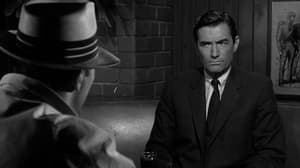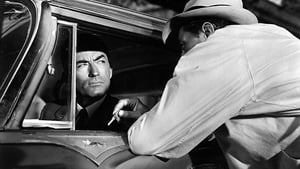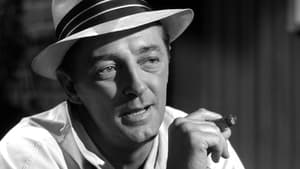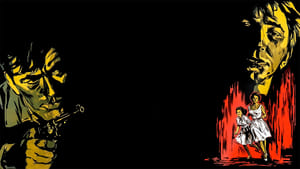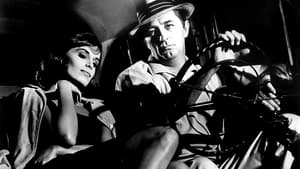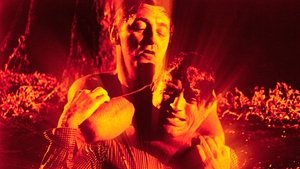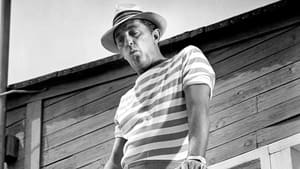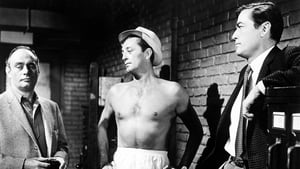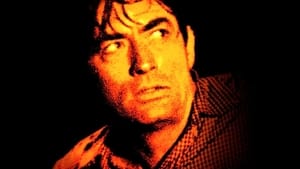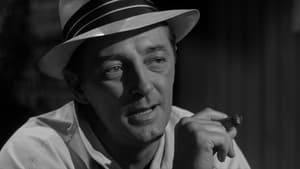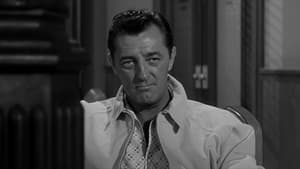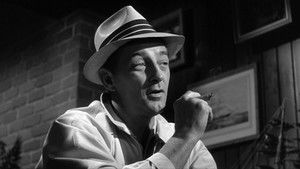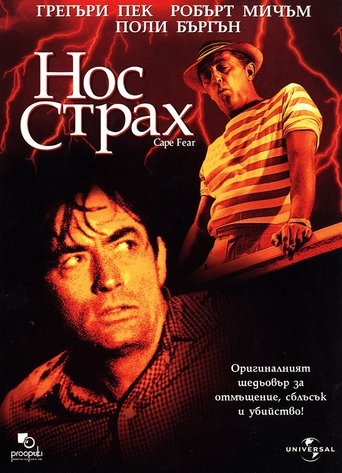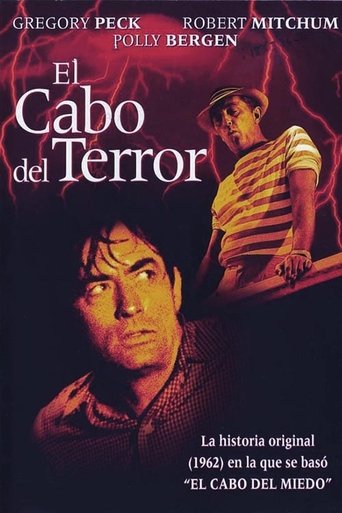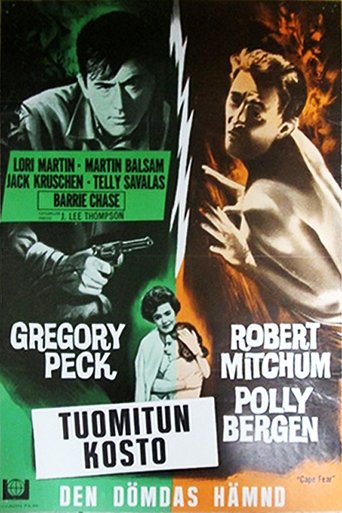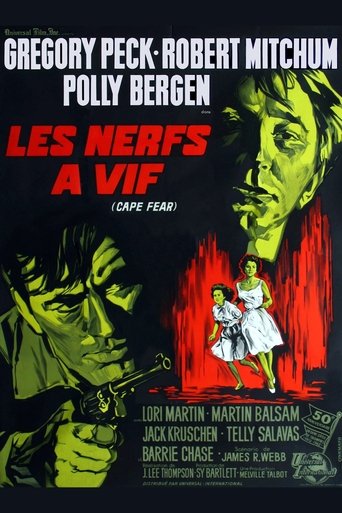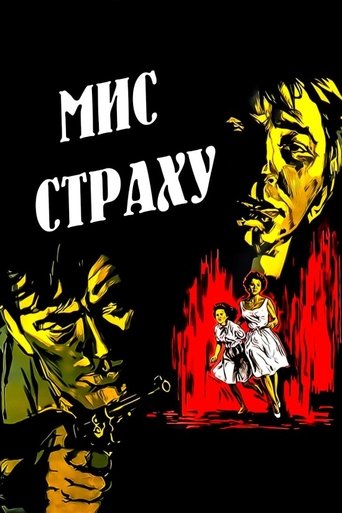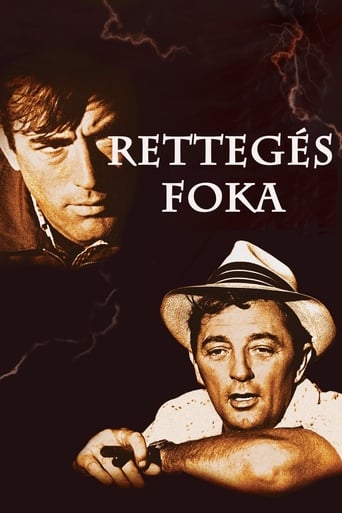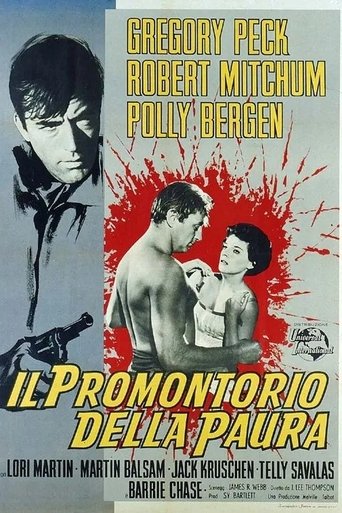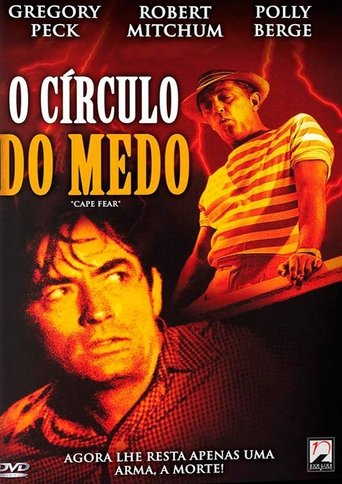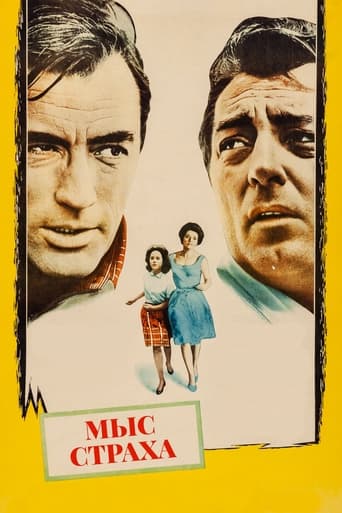
Cape Fear
Now he had only one weapon left—murder!
1962 | 105m | English
Popularity: 1 (history)
| Director: | J. Lee Thompson |
|---|---|
| Writer: | James R. Webb, John D. MacDonald |
| Staring: |
| Sam Bowden witnesses a rape committed by Max Cady and testifies against him. When released after 8 years in prison, Cady begins stalking Bowden and his family but is always clever enough not to violate the law. | |
| Release Date: | Apr 12, 1962 |
|---|---|
| Director: | J. Lee Thompson |
| Writer: | James R. Webb, John D. MacDonald |
| Genres: | Drama, Thriller |
| Keywords | poison, small town, boat, ex-detainee, psychopath, film noir, lawyer, killing a dog, listening to the radio, aggressive, intense, threat to family, family terrorized |
| Production Companies | Universal Pictures, Melville-Talbot Productions |
| Box Office |
Revenue: $103,000,000
Budget: $35,000,000 |
| Updates |
Updated: Aug 10, 2025 Entered: Apr 13, 2024 |
| Name | Character |
|---|---|
| Gregory Peck | Sam Bowden |
| Robert Mitchum | Max Cady |
| Polly Bergen | Peggy Bowden |
| Martin Balsam | Police Chief Mark Dutton |
| Lori Martin | Nancy Bowden |
| Jack Kruschen | Attorney Dave Grafton |
| Telly Savalas | Private Detective Charles Sievers |
| Barrie Chase | Diane Taylor |
| Paul Comi | Garner |
| John McKee | Officer Marconi |
| Page Slattery | Deputy Kersek |
| Ward Ramsey | Officer Brown |
| Edward Platt | Judge |
| Will Wright | Dr. Pearsall |
| Joan Staley | Waitress |
| Norma Yost | Ticket Clerk |
| Mack Williams | Dr. Lowney |
| Tom Newman | Lt. Gervasi |
| Alan Reynolds | Vernon |
| Herb Armstrong | Waiter |
| Bunny Rhea | Pianist |
| Cindy Carol | Betty |
| Alan Wells | Young Blade |
| Allan Ray | Young Blade |
| Paul Levitt | Police Operator |
| Kenner G. Kemp | Extra at Bar / Table Extra at Bar (uncredited) |
| Bob Noble | Pedestrian (uncredited) |
| Jeffrey Sayre | Bar Patron (uncredited) |
| Hal Taggart | Juror (uncredited) |
| Name | Job |
|---|---|
| J. Lee Thompson | Director |
| Bernard Herrmann | Original Music Composer |
| James R. Webb | Screenplay |
| George Tomasini | Editor |
| John D. MacDonald | Novel |
| Corson Jowett | Sound |
| Waldon O. Watson | Sound |
| Thomas Tuttle | Makeup Artist |
| Virginia Darcy | Hairstylist |
| Robert Willoughby | Cinematography |
| Robert F. Boyle | Art Direction |
| Oliver Emert | Set Decoration |
| Mary Wills | Costume Design |
| Alexander Golitzen | Art Direction |
| Frank Prehoda | Makeup Artist |
| Ray Gosnell Jr. | Assistant Director |
| Ernest B. Wehmeyer | Production Manager |
| Robert Bain | Additional Soundtrack |
| John McKee | Stunts |
| Léo L. Fuchs | Still Photographer |
| Sam Leavitt | Director of Photography |
| Name | Title |
|---|---|
| Sy Bartlett | Producer |
| Organization | Category | Person |
|---|
Popularity History
| Year | Month | Avg | Max | Min |
|---|---|---|---|---|
| 2024 | 4 | 22 | 36 | 16 |
| 2024 | 5 | 22 | 32 | 15 |
| 2024 | 6 | 23 | 39 | 13 |
| 2024 | 7 | 22 | 32 | 14 |
| 2024 | 8 | 23 | 52 | 13 |
| 2024 | 9 | 16 | 29 | 11 |
| 2024 | 10 | 15 | 22 | 9 |
| 2024 | 11 | 15 | 31 | 9 |
| 2024 | 12 | 14 | 25 | 9 |
| 2025 | 1 | 16 | 29 | 9 |
| 2025 | 2 | 10 | 21 | 3 |
| 2025 | 3 | 6 | 17 | 1 |
| 2025 | 4 | 1 | 2 | 1 |
| 2025 | 5 | 1 | 2 | 1 |
| 2025 | 6 | 1 | 2 | 1 |
| 2025 | 7 | 2 | 4 | 1 |
| 2025 | 8 | 2 | 3 | 1 |
| 2025 | 9 | 3 | 5 | 2 |
| 2025 | 10 | 4 | 6 | 3 |
| 2025 | 11 | 4 | 6 | 3 |
| 2025 | 12 | 4 | 7 | 1 |
Trending Position
Max Cady isn't a man who makes idle threats. Max Cady is fresh out of prison and down in Florida looking for someone in particular. That person is lawyer Sam Bowden, the man who Cady holds responsible for his years of incarceration. Once Bowden realises that Cady is out for revenge, and that his ... family are in serious danger, he turns to the police for help, but unable to get help from them, he goes outside of the law, and all parties are heading for the foreboding place known as Cape Fear. Brilliant villainy, unnerving story and suspense pouring from every frame, Cape Fear is an abject lesson in how to produce a quality thriller that's borderline horror. Based on a novel called "The Executioners" written by John D. MacDonald, the piece is bolstered by some perfect casting decisions and by having a director able to pace with precision, thus it stands tall and proud as a highlight in a tough old genre. Robert Mitchum is Cady, a big hulking man with an immoral face, he terrifies purely by his undaunted objectives, with Mitchum clearly revelling in such a role. As Bowden we have Gregory Peck, playing it right as the uptight and stiff lawyer forced to find toughness from within. Backed up by excellent cameos from Martin Balsam, Telly Savalas and Polly Bergen, Cape Fear also features one of Bernard Herrmann's finest scores, a complete and utter nerve shredder with psychotic strings and brooding brass, it hangs in the ears long after the film has finished. What lifts this above many of its thriller peers is that the dialogue is firmly accentuated by the character portrayals, watch as Cady calmly digresses about how he learnt the law in prison, or how he seeps with deviant sexual aggression when confronting the Bowden women, it's badness personified and literally a force of evil, so much so that the breaking of an egg is metaphorically a portent of pain unbound. Director J. Lee Thompson's career shows him to have been a steady if unspectacular director at times, but he directs this with no amount of zip and he deftly reins it in for a stifling last quarter at the Cape Fear bayou (his interview on the disc releases is full of love and insights). Along with his cinematographer, Sam Leavitt, Thompson expertly uses shadow and light to consistently keep the feeling of dread looming as much of a hostile presence as Bobby Mitchum is throughout the play. By the time the finale reveals the denouement, it's hoped that you are as living on your nerves as this particular viewer always is when viewing this clinically sharp piece of thriller cinema. 9/10
**A good thriller with a lot of suspense and tension, which deserved to be reviewed and re-fished for new audiences.** There are films that are unfairly forgotten after the release of their respective contemporary remakes, and I have no doubt that this one can be included in that list. It was a f ... ilm produced and starred by Gregory Peck, one of the movie stars of the 60s, and it has a great cast and a good script, with elements that remind us a little of the aesthetics of “noir” or some Hitchcock films. Unfortunately, most people have only seen the 1991 remake, which we'll talk about in due course. Perhaps this is, partly, due to the film's huge financial failure, which would dictate the end of Peck's production company. The script is very good and is based on a novel called “The Executioners”. It tells the story of a lawyer, Sam Bowden, who lives in a coastal region of Georgia or North Florida, who begins to be harassed and pursued, in a discreet but threatening way, by Max Cady, an ex-convict who, eight years earlier, was convicted thanks to Bowden's testimony, earning him a visceral hatred that he now intends to satisfy with revenge. At Cady's insistence, who does nothing more than show up wherever Bowden and his family choose to roam, the Police cannot act beyond close surveillance. However, he knows that it is only a matter of time before something really happens. The script is very good, but I confess that I found some flaws. I don't know the laws of the USA, but in my country, it is possible for the laws to force two people away if one of them feels consistently intimidated or threatened by the mere presence or proximity of the other. Of course, the premise that this is not possible under American law ends up allowing the film to reach the conclusion it has, with the final confrontation of the two men. In any case, the film works and is effective in creating suspense and giving us a real sense of tension and threat. Skillfully directed by J. Lee Thompson, the film stars Gregory Peck, who does a very good job, albeit not particularly remarkable, and is well assisted by Polly Bergen and Lori Martin. In fact, it's the great performance of Robert Mitchum, who brought us the villain, that enchants us and steals our attention. He is naturally menacing, with his seemingly peaceful presence always sounding tense and deceptive. The film has some good supporting actors, such as Telly Savalas and Martin Balsam. Technically, it's not a pretentious or overpriced film. The cinematography is not particularly remarkable, but it makes the most of what it has and gives us some very well-executed close-ups, as well as some scenes with lighting and style that show the influence of "noir" and Alfred Hitchcock. The highlight is undoubtedly the visual and sound effects and the excellent and iconic soundtrack, composed by Bernard Herrmann, and later reused for the remake film.












